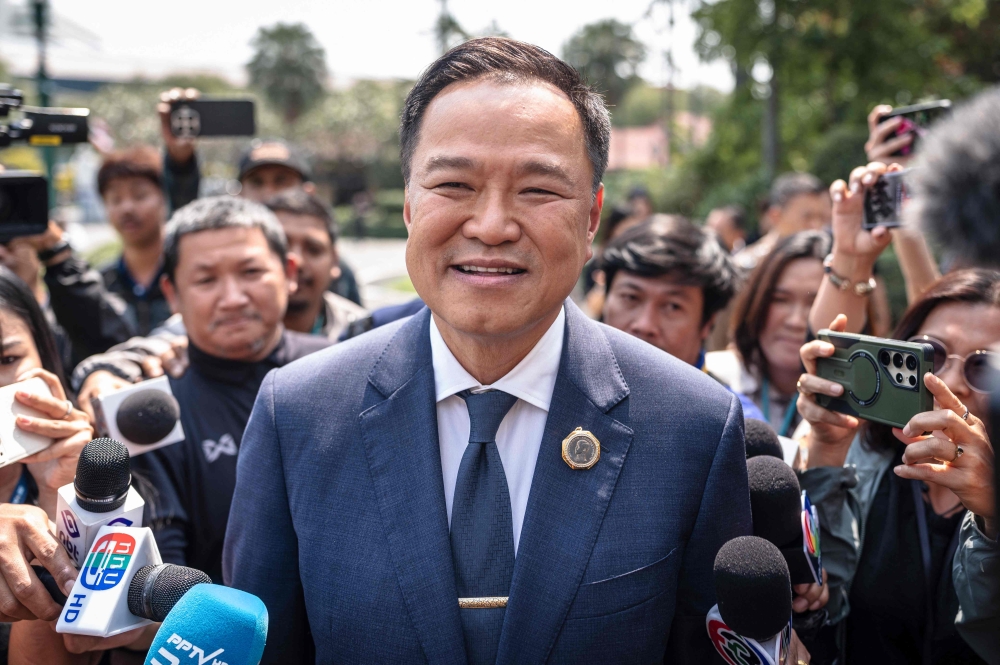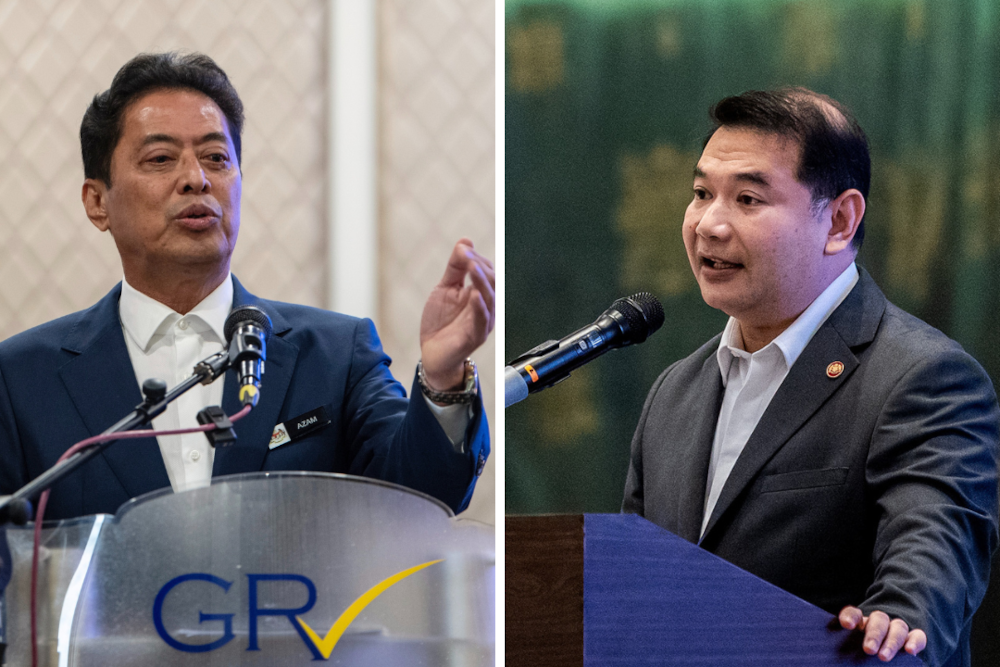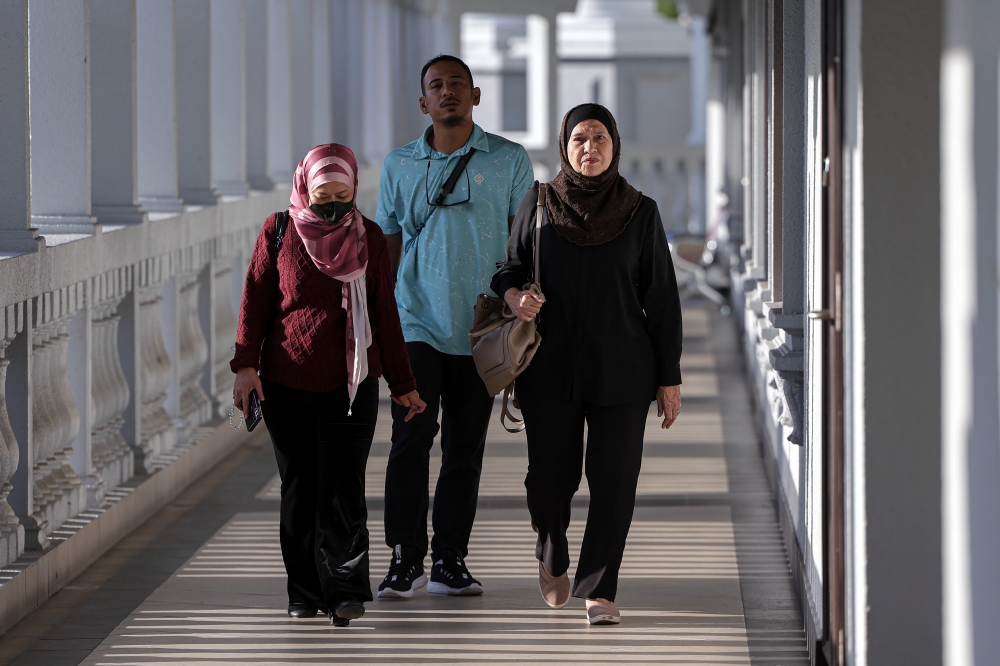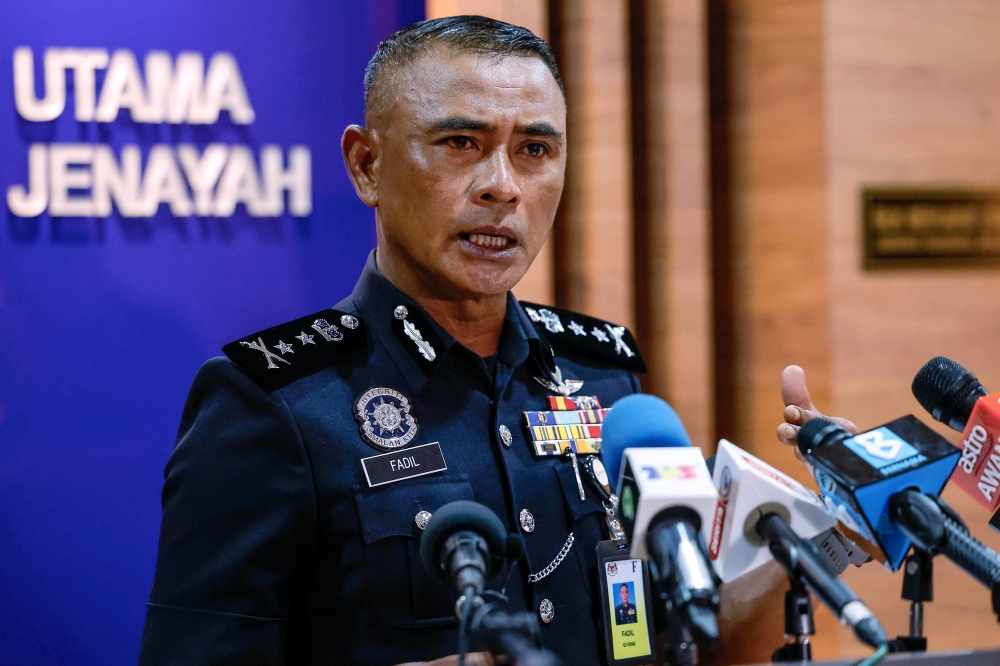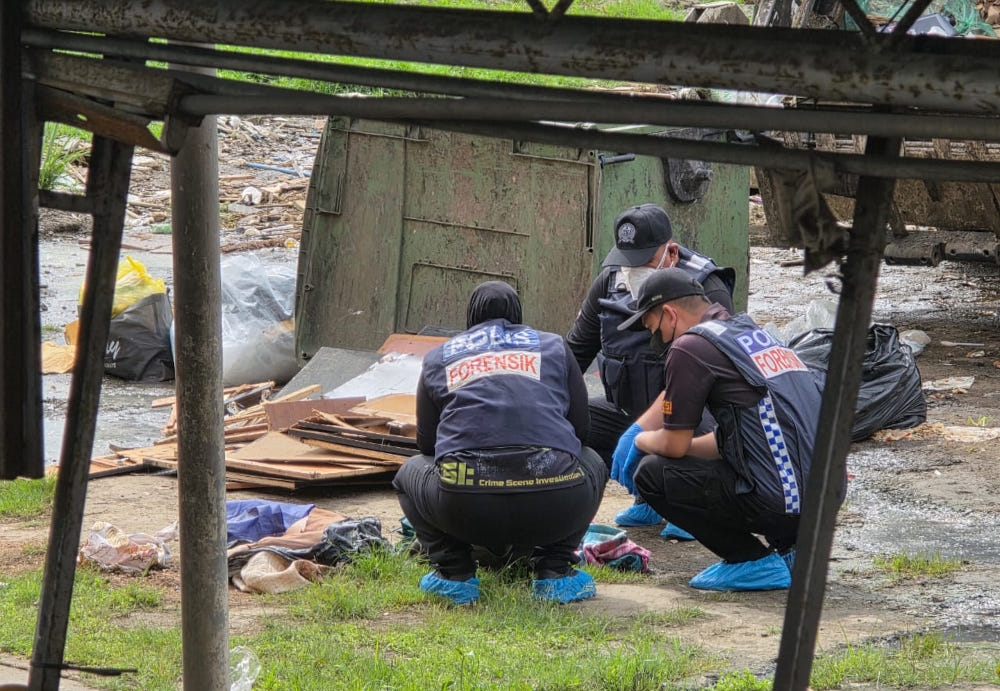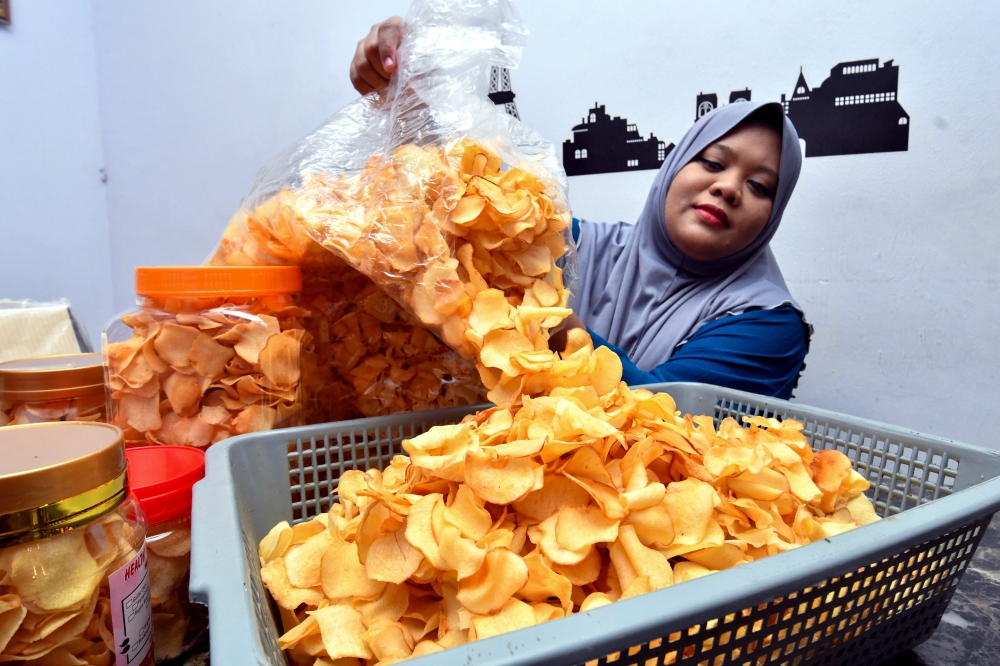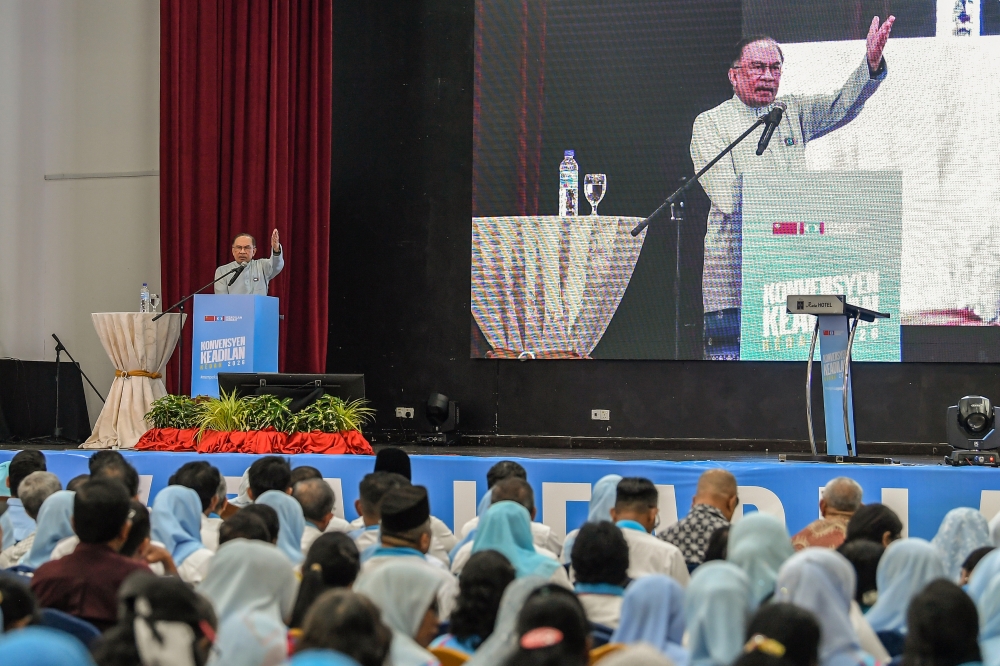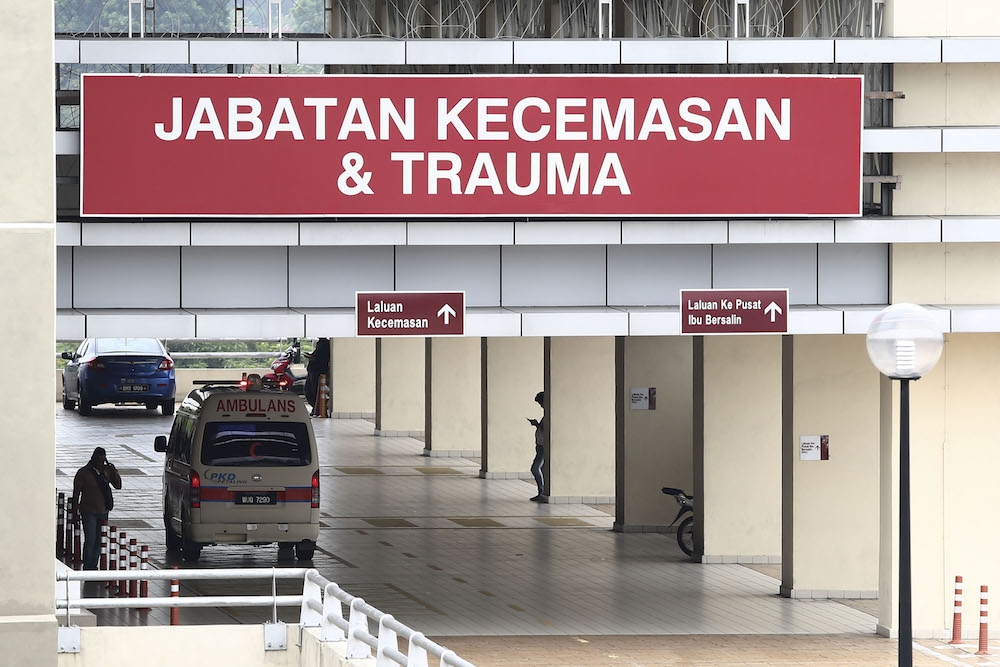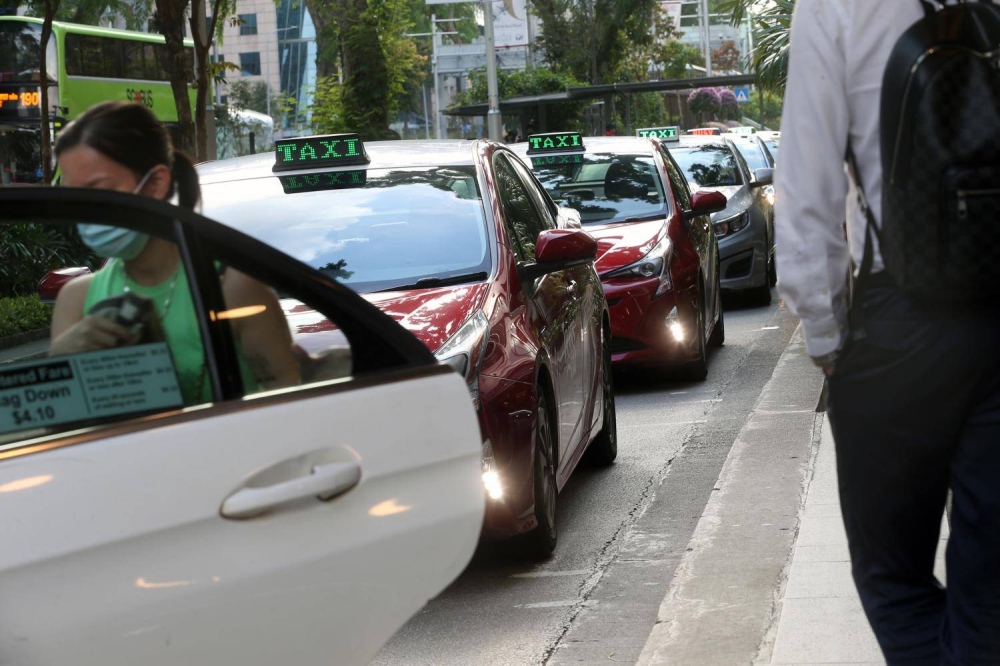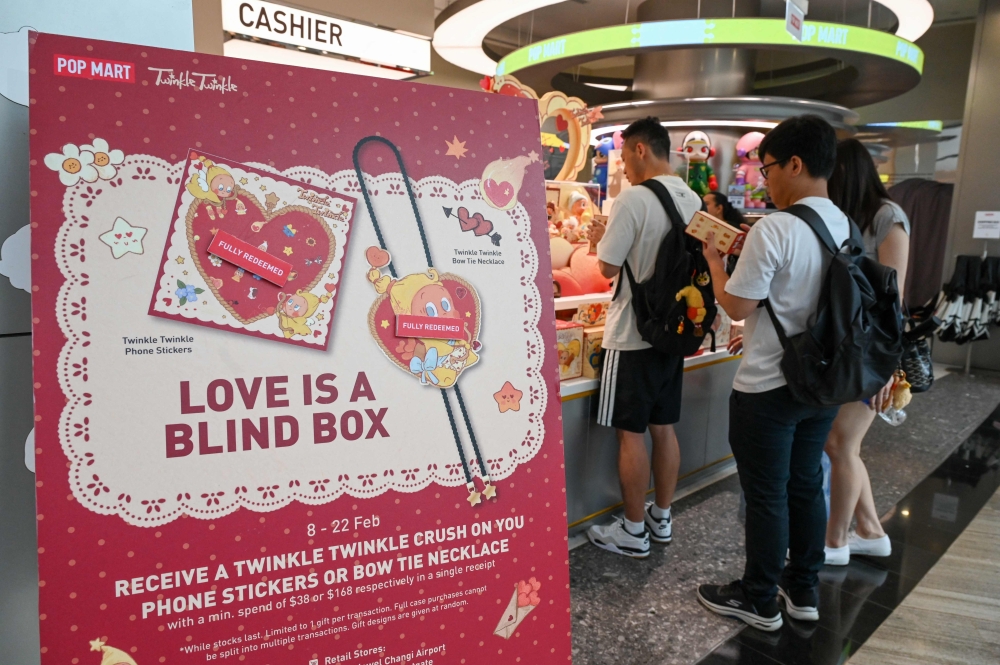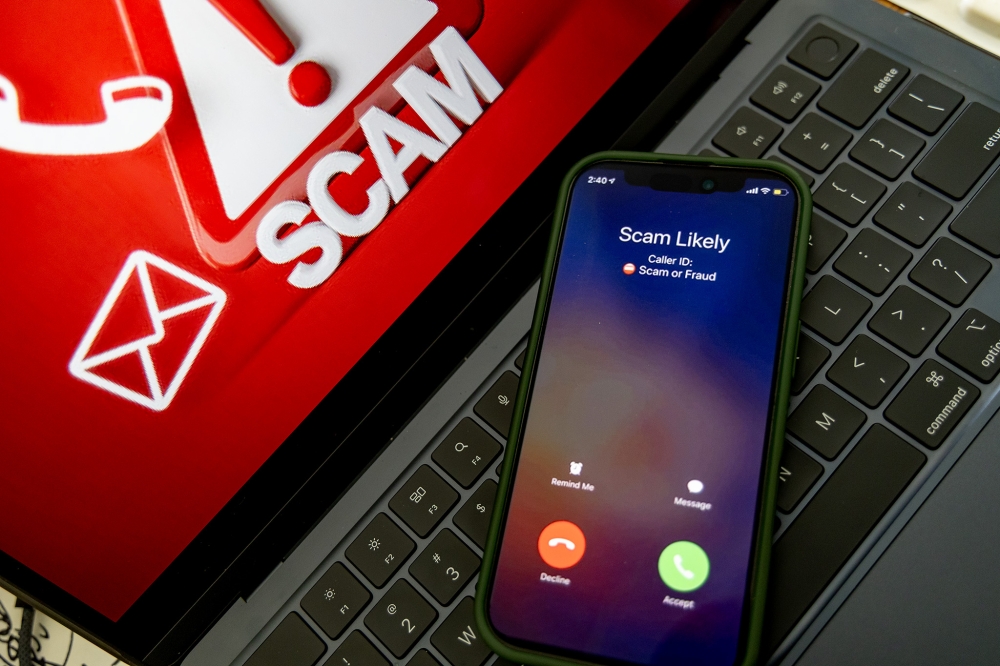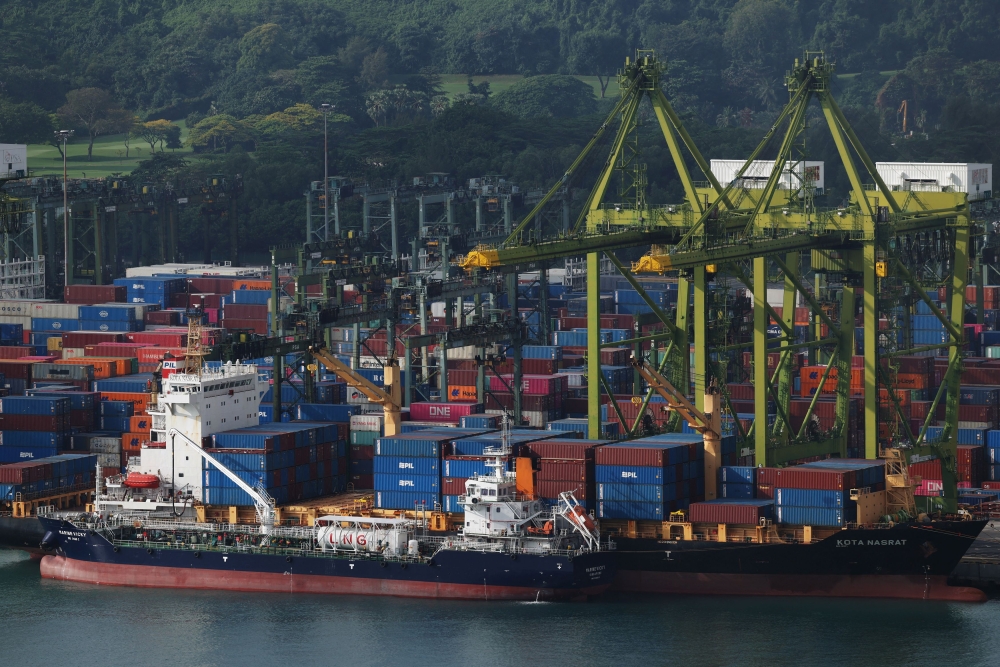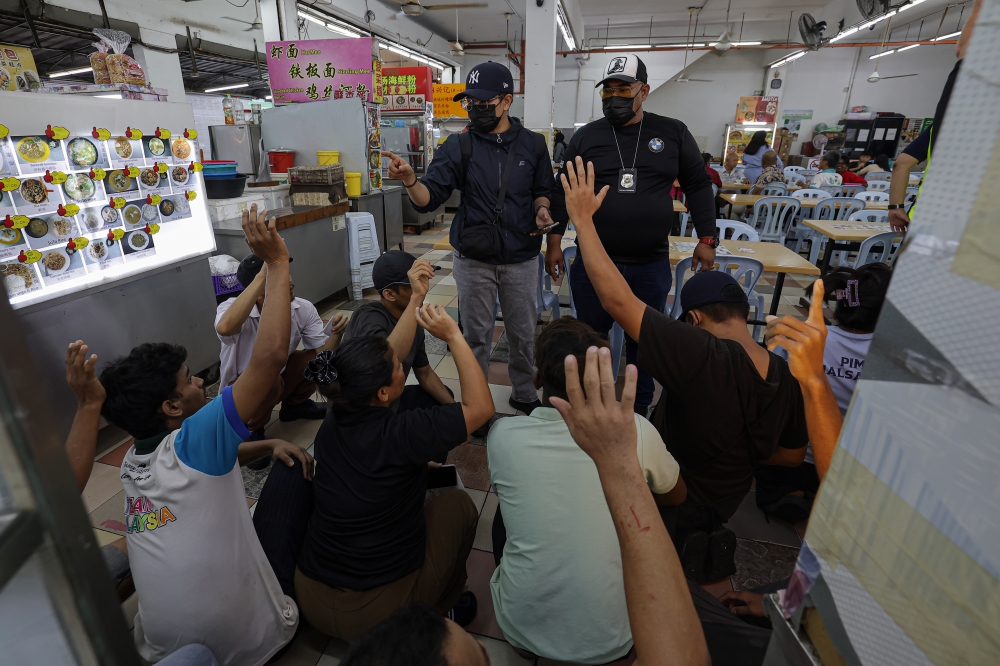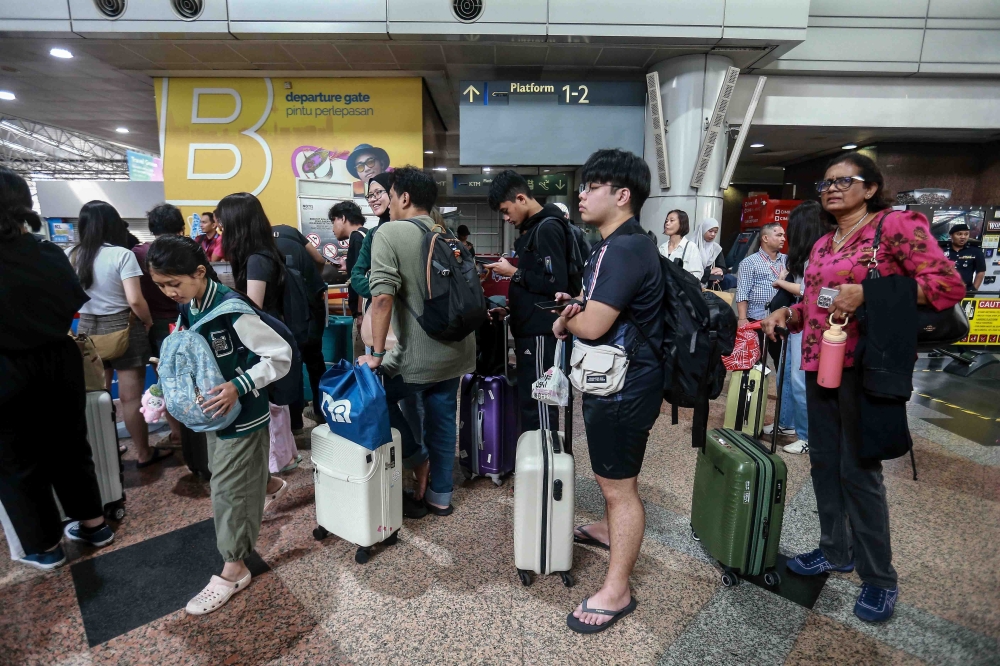SINGAPORE, Aug 23 — With mask-wearing soon to be made optional in indoor spaces except on public transport, most taxi and private-hire drivers as well as cabin crew who spoke to TODAY said they hope that their passengers will continue to don masks during rides and on flights.
Out of six drivers and three flight attendants interviewed, one Grab driver and one cabin crew member said that they had no qualms about passengers not wearing masks.
On Sunday (August 21), Prime Minister Lee Hsien Loong announced in his National Day Rally speech that mask-wearing will soon be made optional indoors and required only on public transport and in healthcare settings as Singapore’s Covid-19 situation stabilises.
“Our safe management measures have protected us well throughout the pandemic,” he said. “With our situation stabilising, we will reduce the mask requirements further to prevent people from getting tired.”
He added that details concerning the impending rules will be announced by the ministerial task force for Covid-19, but no date has been mentioned.
The wearing of mask outdoors was made optional on March 24 this year, although the rule on using masks indoors remained.
With more details yet to be announced, it is still unclear whether the relaxed rules will also apply to taxis, private-hire vehicles and commercial aeroplanes.
In response to queries from TODAY, Singapore Airlines said that it “remains guided by Singapore's regulations on in-flight health and safety requirements”.
Ride-hailing companies Grab and Gojek said that they were awaiting updates from the relevant authorities.
TODAY has also reached out to SMRT and Changi Airport Group for comment.
What drivers and airplane cabin crew say
Part-time Grab driver Alan Chee, 59, said it was time that people here begin to get used to not wearing masks.
“Regulations have eased and we should look forward to going in the direction of having less and not more controls.”
A 23-year-old flight attendant who wanted to be known only as Reena said that passengers should be free to choose for themselves.
“Plenty of countries have opened up. Many passengers who are often subjected to no restrictions at all in their home countries do feel agitated when we tell them to wear masks in flight,” she said.
Reena, who has been on this job role for the past three years, added that masks should be made optional and that it is unnecessary to “police the passengers”.
However, some private-hire drivers and airline cabin crew members disagree.
Alvin Tan, 44, who started driving for Gojek only this month, said he felt that it would be safer to keep the masks on “since technically, it's strangers in close proximity in a confined space”.
He added that he would still be fine if people came in mask-less, “provided the windows of my car were drawn down throughout the journey”.
Grab driver Adam Chan, 39, also said that he personally prefers the existing rule and that he would still be wearing his mask even if, in future, passengers do not need to wear theirs.
Karnan Sukumaran, 39, who also drives for Grab, said that the measures now relating to mask-wearing in private-hire vehicles should stay.
“I am wearing a mask inside my vehicle nearly the entire day. Surely, asking passengers who are travelling awhile to put on their masks isn't too much?” Karnan asked.
A taxi driver in his 60s, who wished to be known only as Lee, agreed that safety is paramount.
“People already have plenty of breaks from masks anyway, like when they go outdoors or when having their meals. Wearing masks inside vehicles is good and safe,” he said.
Fellow taxi driver N. Veerayan, 72, who has been driving taxis for 35 years, pointed out the effectiveness of mask policies here for the past two years.
“I am confident that the government would issue regulations most appropriate to the current situation.”
A steward in a domestic airline for 25 years who gave his name as just Steve said that he would prefer that passengers wear masks in flight, given the still unpredictable nature of the Covid-19 pandemic.
“We need to safeguard especially the young, the elderly and the vulnerable,” he added.
A senior flight attendant in her 30s who wished to be known only as Sarah also prefers that passengers wear their mask.
“Plane journeys are far longer than bus or train trips. In this industry, masks are needed all the more,” she said.
Risk of disease spread lower inside private vehicles
Infectious diseases experts contacted by TODAY said that the risk of Covid-19 transmission is lower inside private-hire vehicles compared to public buses and trains, but passengers should still take basic precautions.
Professor Dale Fisher, from Yong Loo Lin School of Medicine in the National University of Singapore (NUS), said that it is reasonable to prolong mask regulation in places such as the MRT trains where dozens can get infected in one exposure.
Private-hire cars and taxis pose a lesser threat.
“In this regard, it would be reasonable to not mandate (wearing of masks) in private-hire cars although any vulnerable person can, of course, wear a mask by choice,” he said, adding that Singapore needs to move towards letting people take more personal responsibility than to have legal mandates.
Professor Paul Tambyah, a senior consultant with the National University Hospital’s division of infectious diseases, pointed out that as most private-hire drivers would have been either vaccinated or infected by now, the risk of severe illness is low.
“Our trains and buses are incredibly crowded during the rush hour and, as such, perhaps that is the last place where mask mandates may need to be applied. If the numbers continue to drop, perhaps even this rule could be lifted soon,” he added.
Dr Asok Kurup, an infectious diseases specialist at Mount Elizabeth Hospital, said that with private-hire vehicles, there is still some risk but it is not as high as on trains and buses.
“Although many people may use the same private-hire vehicle in the course of the day, they are not all crammed in at the same time, which reduces the risk of transmission.” Still, Dr Kurup recommends wearing a mask and practising good hand hygiene.
“You could also open the car windows for a minute when you first get in to refresh the air,” he added. ― TODAY


